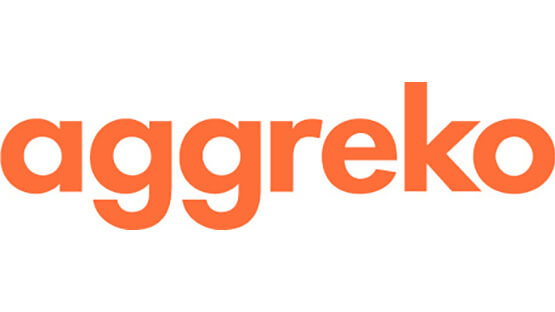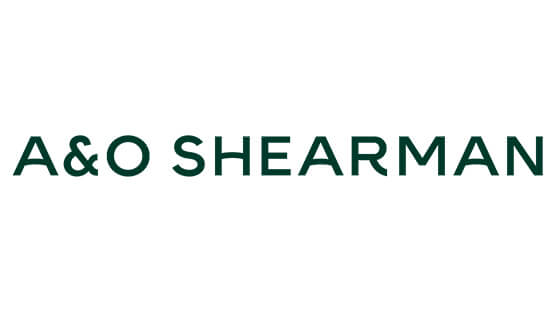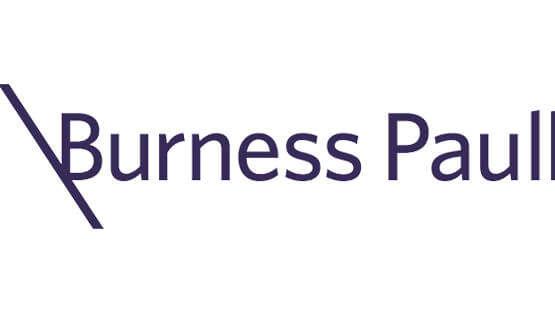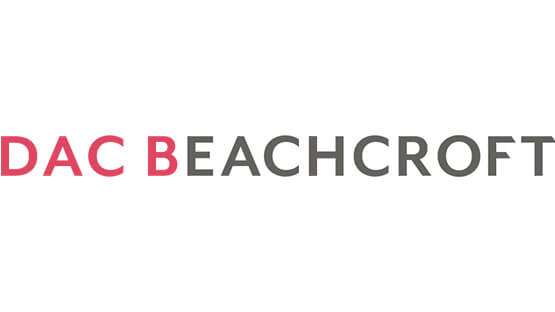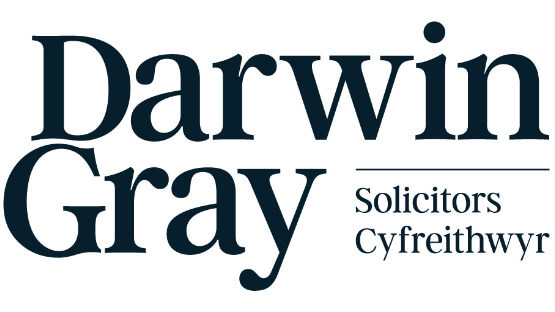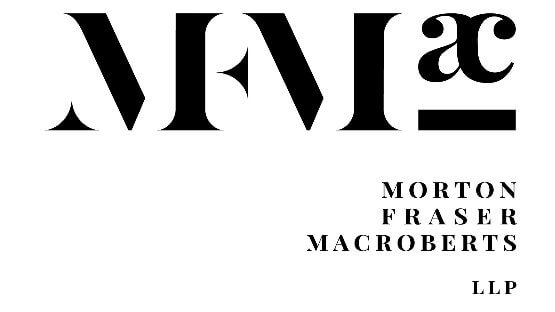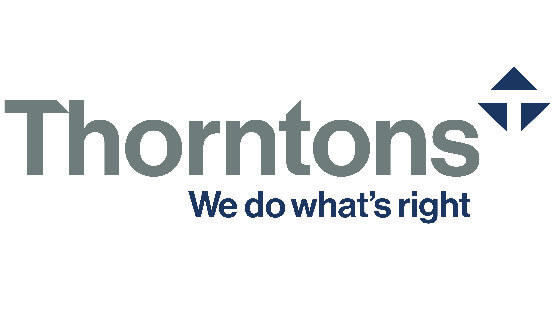When it comes to making real social change, it takes a huge effort. Not just one voice or one action, but a whole movement making a long-term commitment.
With over 60 law firms and in-house legal teams onboard so far, we’re well on our way. Together, our mission is clear: to give young people from less privileged backgrounds the chance to excel in the legal profession.
But there’s still more to do. Although some law firms and in-house legal teams run their own schemes, and our own work experience offering is growing all the time, there are still young people falling through the cracks; talented young minds who feel excluded from the world of law.
It’s time to help change that.
Key Facts
All kinds of businesses can help. Law firms can become members and organisations with in-house legal teams can either partner with member firms to offer PRIME work experience or run their own programmes.
You’ll be joining good company. Our law firm members include all top 15 of the largest UK firms by revenue, as well as firms across the UK and Republic of Ireland.
The PRIME Commitment

Every student who finds work experience via PRIME should be given the same chance to succeed. That means offering a certain quality of experience no matter the firm they go to, and it means setting the same level of access across the board. That’s why we came up with the PRIME Commitment. There might be some slight adjustments to your criteria – for instance, you might only accept students at year 12 and above, rather than at Year 9 – but in general, these are the rules you’ll commit to.
1. Fair access
Our mission is clear and that’s to provide access to work experience for young people who have least opportunity. Our firms work with recognised partners to ensure the selection criteria continue to be the fairest way to identify those with least opportunity.
2. Provide support
We pledge to support our PRIME students by providing financial assistance so they can attend work experience. As a minimum our firms will ensure that lunch and travel expenses are pre-purchased for students.
Some options:
• Pre-purchase oyster cards, put a relevant amount on them and post them to students. Ask students to return them at the end of their placement and reuse them.
• Pre-purchase day-return rail tickets via an in-house travel system and send them to students in advance of their placement (you’ll need the name of their closest rail station as well as the closest station to the office).
• Ask the organisations you’re working with to pre-purchase relevant travel cards then invoice you direct for reimbursement.
• Provide a pre-paid voucher or pass for your firm’s staff restaurant to cover an appropriate amount for food and drink for the duration of the work experience.
3. Prepare for work
PRIME schemes will properly prepare young people in advance of work experience. They’ll give practical information and pre-placement activities where appropriate. Our firms will ensure they’re able to meet the diverse needs of their PRIME students.
4. Give career advice
Our firms will give information to their PRIME students about the range of careers available in the legal profession and wider business (for lawyers and non-lawyers) and clear, honest information about the requirements for them. They’ll also give information on the potential routes into those careers, including the relevance of university education and other routes into the profession. To support this information, our firms will adopt a partnership approach with other relevant organisations (e.g universities and clients).
5. Develop key skills
Our members will ensure that our PRIME students, through the work experience they receive, develop key personal and business skills. These invaluable skills (such as team work, communication, presentation, negotiation, making an impact and networking) are fundamental to a career in law and the wider business world.
6. Maintain contact
We don’t want the PRIME experience to end when the work experience does. Our firms will provide a way for PRIME students to maintain contact with them after they leave – whether that be over email or a more formal structured mentoring programme or an annual reunion event.
7. Keep up best practice
Our member firms want to develop and improve on the work experience they offer. All of our firms pledge to monitor their work experience offering. They’ll ensure they share best practice and data amongst PRIME members to enable the membership to develop and assure the quality of the commitments made under PRIME, including with externally commissioned evaluation when considered appropriate.
To help our member firms keep up best practice, we will, from time-to-time, issue guidance on areas relating to work experience and social mobility. You can view these below.
8. Target 50%
PRIME members commit to providing opportunities to those who need it most. As a result, our member law firms pledge to offer a number of work experience places that is not less than 50% of the number of training contract places that the firm offers each year. For in-house legal teams, we will discuss the appropriate number based on the individual organisation.
9. 30-35 hours contact time
We make sure our firms won’t cut work experience short. PRIME work experience ensures that firms provide at least 30-35 hours of contact time per student (not necessarily on consecutive days).
It’s time to JOIN PRIME
Everyone can access law – because
we’re all involved.
Best Practice
To help our members keep up best practice, we will, from time-to-time, issue guidance on areas relating to work experience and social mobility. You can view these here, together with some of the most commonly asked questions about joining PRIME and the work experience you will need to offer.
If your question isn’t answered, you can get in touch with us at: admin@primecommitment.co.uk
Members can find more support in our Best Practice Guide in the member resources section of our website (remember to log in first).
1. Best Practice - friends and families
• PRIME does not endorse friends and family of members of the firm, neighbours, clients, close contacts and similar (“friends and family”) joining PRIME programmes. This is because friends and family of law firm members already have privileged access to the profession through those relationships. We therefore request that PRIME programmes offered by your firms are only available to those that meet the PRIME criteria;
• The only exception to this would be contacts made through outreach and community programmes as part of a firm’s citizenship commitments. If these contacts fall into the PRIME target age group and fulfill the other PRIME eligibility criteria, they could apply for firms’ PRIME programmes through the usual formal channels;
• PRIME recognises that member firms will receive requests from time to time from friends and family asking for informal legal work experience and that these requests will need to be responded to fairly and respecting the importance of those relationships. Therefore, firms may wish to consider ways in which some existing member firms deal with these requests which includes hosting separate open days during the summer holidays. Please note that PRIME cannot offer advice or support for such sessions, although Su Brailey at: admin@primecommitment.co.uk can connect you with contacts at member firms who run these programmes so you can share ideas that may be appropriate for your firm;
• PRIME recognises that for smaller firms, with fewer internal HR and graduate recruitment resources, running multiple programmes can be challenging. We would still strongly request not mixing PRIME eligible students with friends and family. PRIME participants can very understandably feel that firms are only paying lip service to social mobility and by mixing the two groups reputational damage will occur to the firm and PRIME.
2. Best Practice - paying for work experience
As well as providing financial assistance by pre-purchasing lunch and travel tickets for students, a number of our member firms are now also offering payment to their PRIME students. PRIME welcomes this initiative, which responds to the fact that some young people might have to forego essential paid vacation work in order to attend a work experience scheme.
We ask our member firms, where possible, to provide students with payment thus removing this barrier for young people from lower socio-economic backgrounds.
If you require your students to wear business attire to their work experience, consider carefully if this might be a barrier which could exclude them from participating. It would be best practice to provide financial assistance to enable them to purchase the relevant clothing.
3. Best Practice - location of work experience
During the pandemic, PRIME member firms responded to the changing landscape by adapting their work experience programmes to be online, ensuring that students didn’t miss out on the opportunity. Over time, these moved to being a mix of in-person and online.
One of the lasting effects has been that many businesses, law firms included, still operate a hybrid working pattern. It is inevitable therefore that some firms have asked whether their PRIME work experience programmes can continue to be delivered in this way.
The gold standard will always be to have students in the office for a full week (or equivalent hours) but if your firm operates a hybrid working pattern then it makes sense for your PRIME work experience students to mirror this.
We know that a virtual programme will never replace the magic for a young person of walking into a law firm for the first time and what that does for raising their aspirations and building their confidence. So, if a firm adopts a hybrid approach, we ask them to ensure that the in-person element remains front and centre.
Consider what tasks students are given for the at-home element, ensuring that they are meaningful. There should also be continued support and interaction with the firm on these days. The sequence of the different days is important. It would be more impactful to start with an in-person day or two so that students develop a rapport with each other and therefore feel more comfortable on camera on the other days. Ending with an in-person day is also an effective way to finish the programme, you could ask them to present back a task they have been working on at home.
If you are unable to host students for the entire programme, a hybrid approach is not the only alternative. You could collaborate with a client, arranging for the students to spend a day with them. This is a session that students often regard as one of the highlights, being given the opportunity to experience a different part of the legal profession.
4. Best Practice - informing students about about University choices
PRIME encourages its member firms to provide general information to their PRIME participants about educational requirements for entry to a career in law. The advice should be given on relevant pages of their careers or diversity and inclusion websites and at PRIME events. The information should include all options individual firms use for careers in law at their firm including, for example: apprenticeships, vocational learning as well as university degree. In this section PRIME focuses on university choices specifically.
Guidance on university choices:
On your website pages and at PRIME events:
- PRIME recommends member firms feature alumni from their firms who come from a wide range of universities (a good balance of Russell Group and Non-Russell Group). These should be website profiles of former PRIME alumni or PRIME eligible future/current trainees. These individuals should also be chosen as representatives attending PRIME events so they can act as role models and provide first-hand experience of the university attended;
- The website profiles should include information about the trainee’s thinking between the ages of 16-18 and how they chose their university path, rather than apprentice or vocational which they may have considered;
- which university they chose and why;
- their experience of that university in terms of contact with law firm employers, assistance from careers services and student law society employer events;
- firms should also provide clear information in their publicity, and at events, about their entry requirements (for example: use of contextual recruitment/blind screening and interviewing);
- firms should also explain how flexible they are about students who are not straight A students if they are not already using contextual recruitment or blind screening;
- firms should make it clear what skills and abilities they look for and why these are relevant to a career in law. Selection criteria and language used should focus on skills and abilities relevant to the role of a junior lawyer with the potential for development. Try to avoid unspecific language like ‘should have polish’ and focus more on past experiences (working in supermarkets, shops and restaurants) where example of client care and clear communication can be proven with the candidate giving examples;
- If your firm has strong links with universities they could be asked to provide a profile for your website, or to get involved with your PRIME programme. Giving your PRIME participants early access to universities can be highly beneficial. Academic contacts may also be prepared to provide quotes for your PRIME publicity.
Current research and data on UK universities and their social mobility profile
The Sutton Trust, in association with the Department of Education and Institute of Fiscal Studies has undertaken some research into the UK universities with the highest levels of socially mobile students. The link to the research is featured below for your review and to help with you with targeting universities and sourcing a rich seam of socially mobile students:
The Sutton Trust: Universities and Social Mobility – Data Explorer
IFS: which university degrees are best for intergenerational social mobility?
5. When should we run our work experience?
Many schools won’t permit students to be taken out of lessons so the scheme might have to run during school holidays. You will need to avoid exam periods so the summer holidays is a good option to offer.
If you are working with specific schools, identify when they are running their work experience weeks.
If you run your scheme at the same time as Ramadan, Muslim students may be fasting so are likely to get very tired. If you do run your scheme over this period, consider setting early starts and ending the day early. Eid will also mean the students will take a day out of the office to be at home for the festivities.
6. How will we recruit students onto our work experience?
Partner with a school
You could seek schools in ‘cold spots’ that will benefit most from your support, while at the same time having the resources to manage the partnership. Most firms target schools that have a high proportion of students eligible for FSM. If you want to do your own research into schools in a borough local to your offices, a useful website is the DfEs school profile site where you can look up FSM and pupil premium status to help you target disadvantaged students.
Work with a charity partner
There are many out there who who broker school-business relationships and could help. A current selection is in the Prime Partners Section.
Speak to your local council
Your local council may have a team who can support you in linking up.
7. Can we accept students who attend a fee paying school on a bursary?
Unfortunately, attending a fee-paying college means that a student is not eligible for PRIME, even if they are there on a bursary. The reason for this is that PRIME is here to support those with no advantages and whilst a student may meet our other criteria, they have the support of an independent school which provides an advantage that PRIME students just won’t have.
Conversations over Coffee
”Never count yourself out....you've got every right, as every other young person to enter these law firms and to reach the top.
Khasruz Zaman, PRIME Board Member, Maths Teacher and former Partner at Simmons Simmons
Watch Karishma’s Story
”Take all of the opportunities PRIME gives you, because there’s a lot.
Karishma Khosla, PRIME Alumni
Watch O’Neill’s Story
”My parents weren’t lawyers or bankers. I didn’t really have any corporate exposure.
O’Neil Ouinsou, PRIME Alumnus
Watch Josh’s Story
”Being a lawyer always felt very distant. There certainly is a world where I wouldn’t have gone to University, but I was lucky to be given an insight by PRIME.
Joshua Redman, PRIME Alumnus


